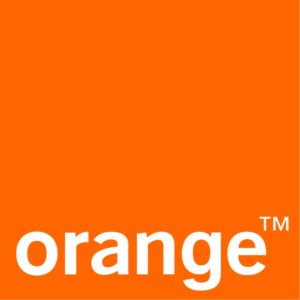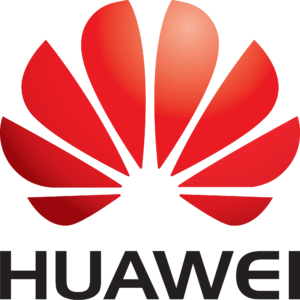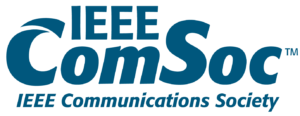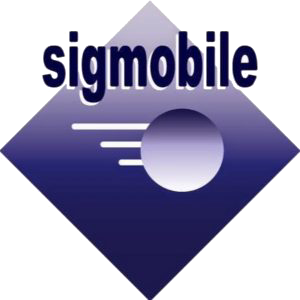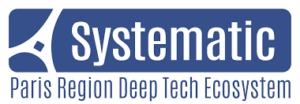(Click here to download CFP in PDF format)
Paper Submission
ICIN 2020 solicits original, unpublished work not currently under review by other conferences or journals. Papers submitted to ICIN 2020 will be assessed based on originality, technical soundness, clarity and interest to a wide audience. All submissions must be written in English and must use standard IEEE two-column conference template. Only PDF files will be accepted for the review process and all submissions must be done electronically through EDAS using the following link:
Papers can be of two types: Full papers or Short papers, up to 8 pages and 5 pages respectively, including tables, figures and references. Demo and poster papers of length of 3 pages are also solicited.
All accepted and presented papers will be published on IEEE digital library.
The best papers presented at the conference will be invited to submit an extended version for fast-track review in the following journals:
IEEE Communications Magazine (Impact Factor: 10.356),
IEEE Transactions on Network Service and Management (Impact Factor: 4.682),
MDPI Sensors (Impact Factor: 3.031)
Keynote speakers announced
- A Speed of Light Internet Service Provider
- Prof. Bruce Maggs (Duke University, USA)
- Network Operations and AI
- Dr. Rafia Inam (Ericsson, Sweden)
- Softwarization and IoT evolution
- Prof. Lefteris Mamatas (University of Macedonia, Greece)
At least one author is required to register, at the full rate, to present accepted papers at the conference and for the paper to appear in the conference proceedings.
Areas of interest include, but are not limited to:
- Cloud and networking aspects of IoT, 5G, and beyond
- Vertical industries and digital twins
- Automotive and vehicular networking, including vehicular cloud services
- Tactile Internet and precision networking
- Protocols for ultra-low latency and ultra-high reliability
- Fog, edge and multi-access computing and networking
- Security, trust and privacy, especially applied to IoT and 5G networks
- Enablers and services for 5G networks: from experiments to reality and beyond
- 5G network architecture, services, protocols, and use cases
- Service-Based Architecture (SBA) design applied to the control plane, data plane and management plane
- 5G functional decomposition and composition
- Advanced 5G infrastructure slicing
- Scalability and multi-tenancy in 5G networks and 5G network slicing
- Network automation and orchestration architectures and protocols
- Intent-based network management and cloud resource orchestration
- Network programmability architectures and systems
- Orchestration of distributed cloud and network resources in vertical markets
- Network artificial intelligence, machine learning and reasoning
- Network data analytics, anomaly detection, and feature extraction
- Autonomic and cognitive networking
- Societal and legal aspects of network automation
- Technologies for innovation in clouds, Internet and networks
- Software Defined Networking (SDN)
- Network Function Virtualization (NFV)
- Service function chaining, function placement and network embedding
- Big data and fast data processing and management
- Use of Distributed Ledger Technologies in networking and network services
- CDN architectures and network cache allocation schemes
- Advanced multimedia and real-time communications, QoS/QoE design
- Lightweight virtualization technologies, software and hardware acceleration
- Performance, optimization and resource dimensioning
- Energy-efficient software-defined infrastructures
- Measurement, monitoring and telemetry
- Testbeds, open-source projects and open standards





